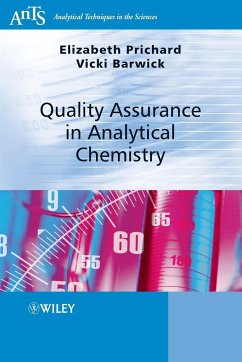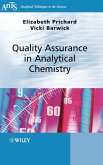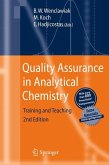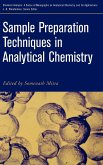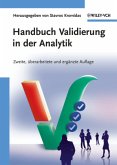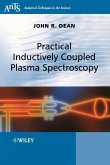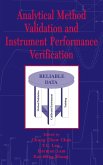Reliable analytical measurement results, be they chemical, physical or biological are essential to the functioning of modern society. Most advanced nations spend up to six per cent of their gross national product on measurement and measurement-related operations. The costs of getting the wrong results can be enormous. For example, in forensic analysis this could lead to wrongful conviction or the guilty going unpunished. Quality Assurance (QA) and Quality Control (QC) operations represent a cornerstone for the function of modern society.
Quality Assurance in Analytical Chemistry provides an introduction to the factors that an individual or an organization need to consider in order to set up processes and procedures which will facilitate reliable and defensible data. Topics covered within the text include the following:
_ The need for reliable results
_ General principles of Quality Assurance and Quality Control
_ Sampling
_ Preparing for analysis
_ Making measurements
_ Data treatment
_ Benchmarking your laboratory
_ Documentation and its management
_ Managing quality
This text, which includes both self-assessment and discussion questions, is suitable for all laboratory staff involved with chemical measurements, accreditation bodies and assessors, those involved with making decision s based on analytical results, and assessors, those involved with making decisions based on analytical results, students of analytical science and those with work placement sin laboratories with AQ/QC procedures, as well as applicants for employment in accredited laboratories.
The Analytical Techniques in the Sciences series of books provides coverage of all of the major analytical Techniques and their application in the most important areas of physical, life and materials science. Each text is presented in an open learning/distance learning style, in which the learning objectives are clearly identified. The reader's understanding of the material is constantly evaluated by the use of self-assessment and discussion questions.
Quality Assurance in Analytical Chemistry provides an introduction to the factors that an individual or an organization need to consider in order to set up processes and procedures which will facilitate reliable and defensible data. Topics covered within the text include the following:
_ The need for reliable results
_ General principles of Quality Assurance and Quality Control
_ Sampling
_ Preparing for analysis
_ Making measurements
_ Data treatment
_ Benchmarking your laboratory
_ Documentation and its management
_ Managing quality
This text, which includes both self-assessment and discussion questions, is suitable for all laboratory staff involved with chemical measurements, accreditation bodies and assessors, those involved with making decision s based on analytical results, and assessors, those involved with making decisions based on analytical results, students of analytical science and those with work placement sin laboratories with AQ/QC procedures, as well as applicants for employment in accredited laboratories.
The Analytical Techniques in the Sciences series of books provides coverage of all of the major analytical Techniques and their application in the most important areas of physical, life and materials science. Each text is presented in an open learning/distance learning style, in which the learning objectives are clearly identified. The reader's understanding of the material is constantly evaluated by the use of self-assessment and discussion questions.

